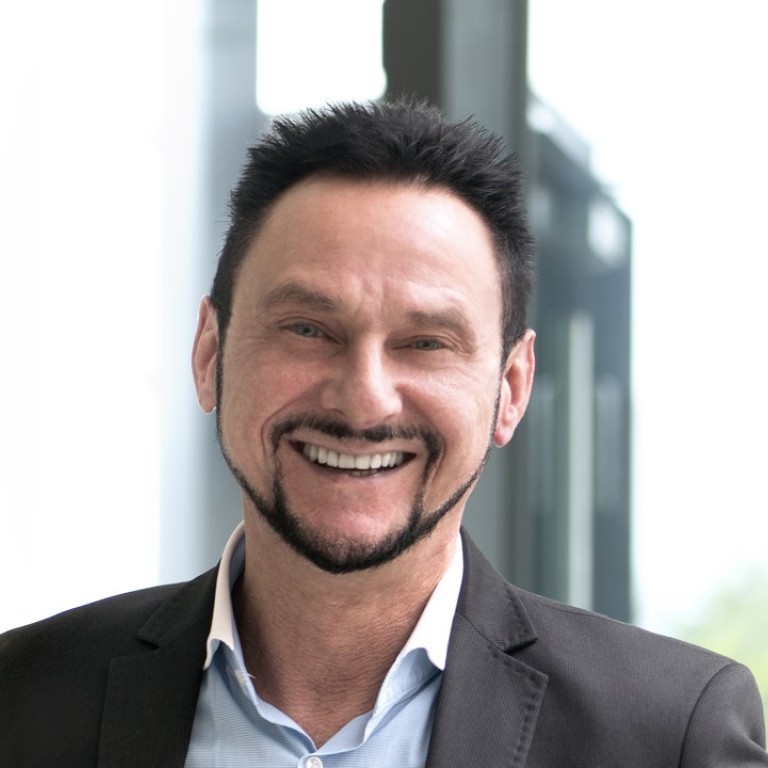
Edwards Lifesciences leads global heart valve therapies market
The 2,000 employees at Edwards Singapore receive extensive and continuous training, and every heart valve technology is thoroughly inspected before being delivered to clinicians around the world
The year 1958 was truly an exciting time for heart valve patients worldwide. At the age of 60, retired engineer Miles “Lowell” Edwards and Dr Albert Starr, a young surgeon from the University of Oregon Medical School, began their partnership to solve an unmet clinical need. Together, they transformed the practice of medicine when the world’s first artificial heart valve was successfully implanted into a patient in 1960. That spirit of innovation and partnership established the foundation of Edwards Lifesciences, which has grown to become today’s global leader in innovative technologies for patients with heart valve disease.
“At Edwards, our focus is truly about putting the patient first before anything else,” says Rainer Wolf, vice-president and general manager for operations at Edwards Lifesciences (Singapore), which manufactures many of the company’s leading heart valve therapies. “We are fortunate to have welcomed to our Singapore facility many patients who have received our heart valves. There is nothing more meaningful or motivational for all of us than knowing that our work truly helps to improve the quality of life of people and their families.”
Understanding the importance of the company’s work, Edwards takes many measures to ensure the highest levels of product quality. The 2,000 employees at Edwards Singapore receive extensive and continuous training, and every heart valve technology is thoroughly inspected before being delivered to clinicians around the world.
The company also seeks to transform patient care through the continued development of innovative technologies. In fact, Edwards invests approximately 15 per cent of its global revenues towards research and development. This approach has led to the development of next-generation and first-of-its-kind technologies, and has enabled Edwards to remain today’s leading innovator in the field of structural heart disease therapies.
Among these developments is the world’s first bioprosthetic or tissue heart valve. The valve does not typically require blood-thinning medications the way mechanical heart valves do, thereby enhancing a patient’s quality of life. Edwards is also the pioneer in the field of transcatheter heart valve replacement, a less invasive procedure that replaces a defective human heart valve without the need for an open-heart surgery.
While open-heart surgery is globally considered a safe and effective treatment for heart valve disease, it can include risks for many patients. In transcatheter heart valve replacement, a clinician makes a small incision in the patient’s groin, inserts a long catheter, and, guided by high-precision monitoring equipment, is able to deliver the artificial valve to replace the ageing or defective natural human heart valve. The procedure has increased the access of thousands of patients to proper care at a reduced risk.
The Edwards SAPIEN 3 transcatheter heart valve, the latest transcatheter technology from the company, has been the most widely preferred valve. SAPIEN 3 has driven strong growth for the company, particularly for its Singapore operations. In the past few years, Edwards has expanded its Singapore facility, added hundreds of employees and become an even stronger partner in the local community.
“It is truly exciting to be part of this journey as we innovate to help more patients,” Wolf says. “We encourage patients and clinicians from all over Asia to come and visit us to see our team’s commitment to patients, quality and innovation.”
